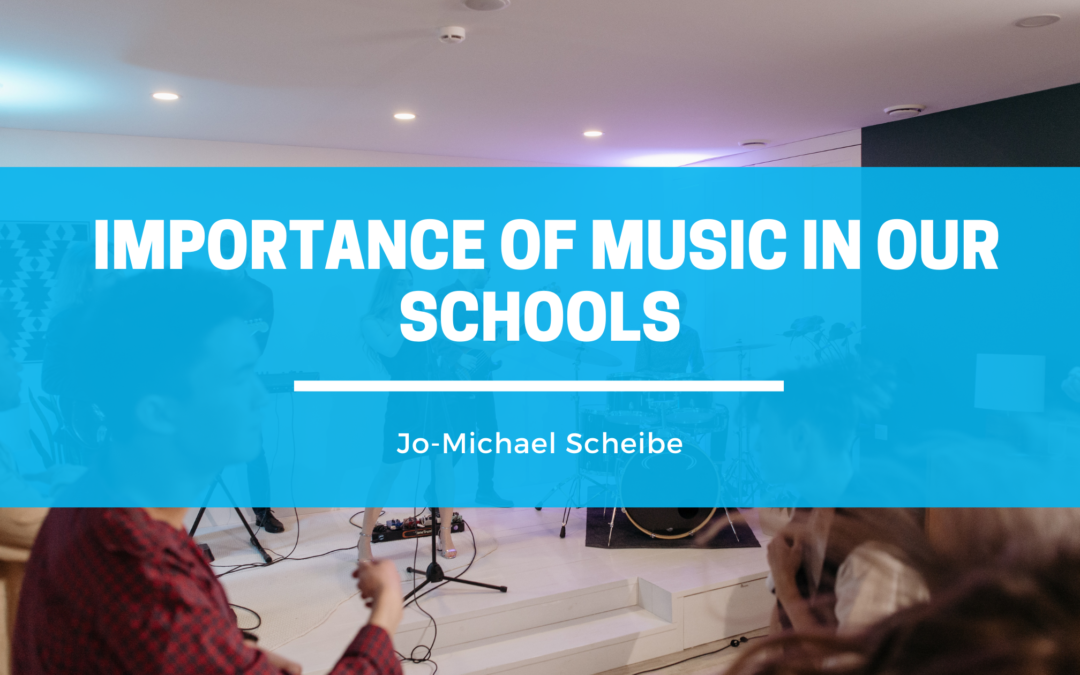Music education has been shown to have a profound effect on a child’s academic performance. Whether they are learning how to play an instrument, keep rhythm, or read sheet music the richness that music education adds to a child’s life is vast. Following are several reasons why music education is an important component of a child’s formal education and should continue to receive funding.
Music Education Enhances Memory and Mathematical Processes
When learning how to perform a piece of music, students must master a number of tasks simultaneously. Keeping rhythm, reading sheet music, and remembering all the components of a piece are pivotal to mastering a song. This becomes even more apparent when a child is part of a band ensemble or orchestra. These skills can be built upon and used outside of music class, especially with subjects that require multiple steps, such as mathematical concepts.
Music Helps Regulate Mood and Emotion
Adolescence can be a volatile time for many children, especially those who are dealing with mental health issues or other issues outside the classroom. Music education can help children regulate their emotions, and provides a cathartic release for those who may otherwise find it difficult to express what they are feeling in a healthy manner. Many children (as well as adults) experience a sense of calm when listening to, or performing, a musical piece.
Music Education Builds Self Confidence
Learning to play an instrument is no easy task. Playing an instrument takes patience, hard work, and perseverance. Participating in a school’s music education program, and learning how to work together to create music, is a huge accomplishment. Participating in the arts can be a healthy confidence booster, just as in team sports or academic clubs. By learning how to create music and work together, children enjoy higher self-esteem and greater confidence in their ability to learn. Additionally, children who stay engaged in a music program are also more likely to stay engaged and invested in their academic careers.
Music programs in schools are vital and important to a child’s overall health and well-being. By investing in music education programs, children will be more likely to stay in school, as well as fulfill their true academic potential.

